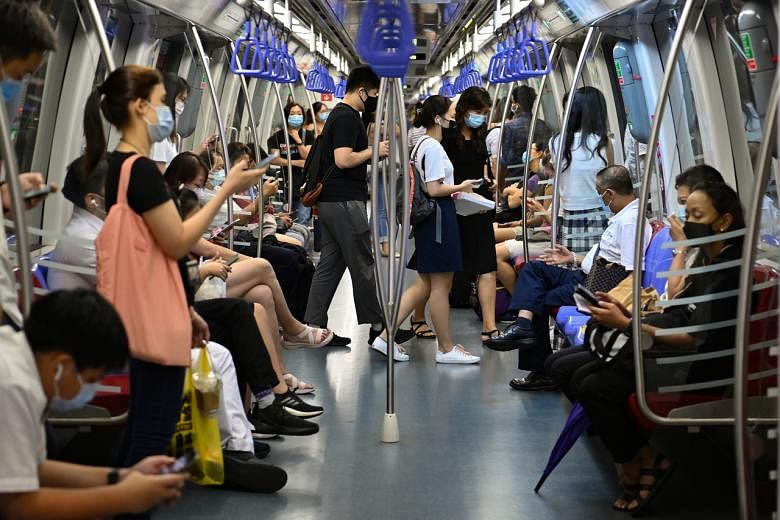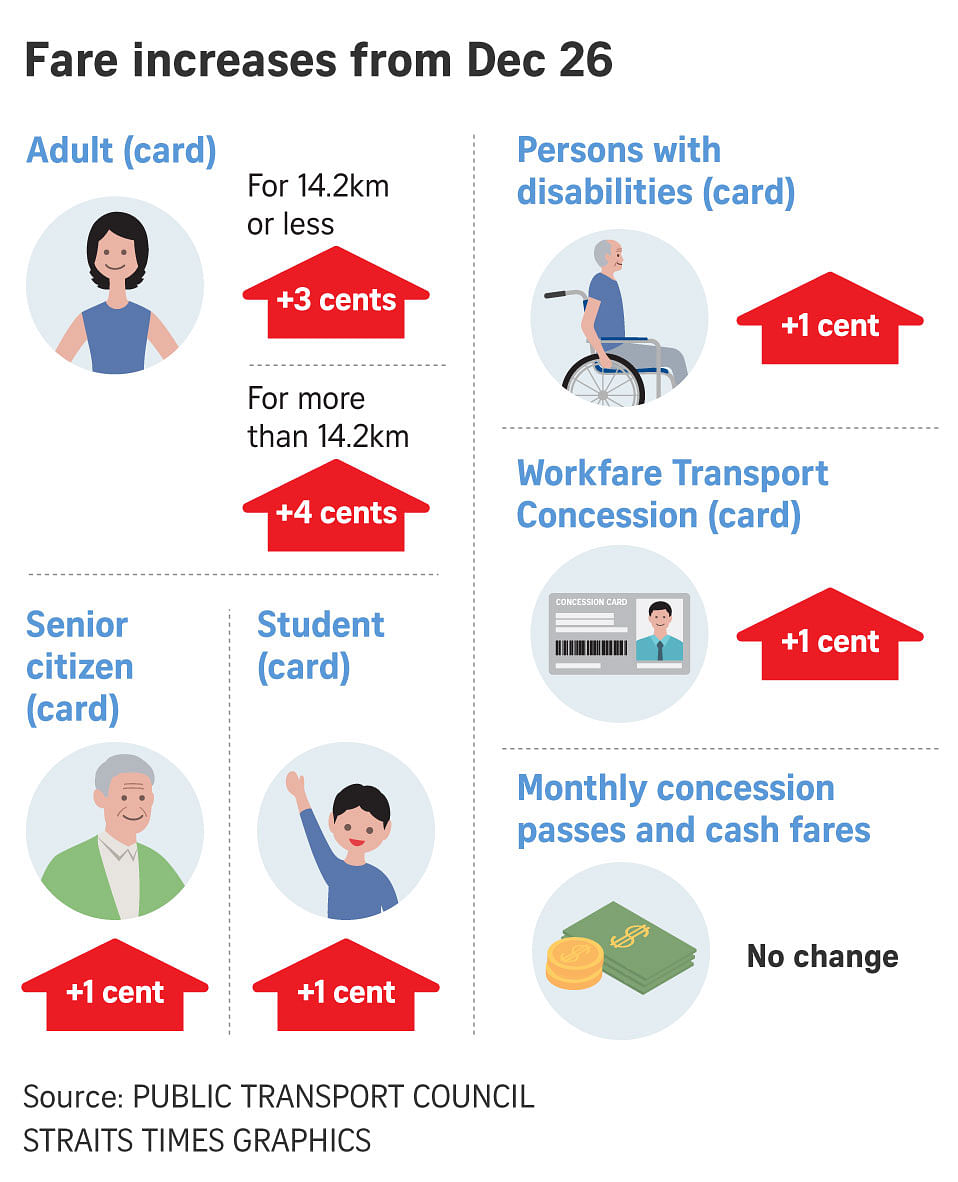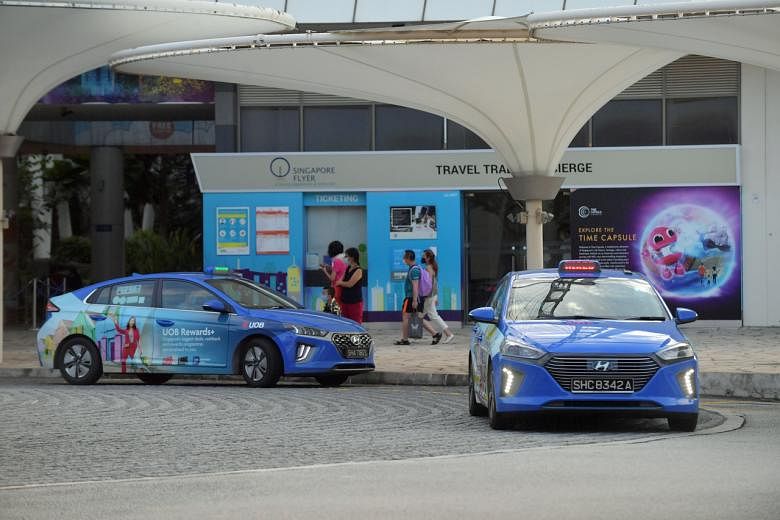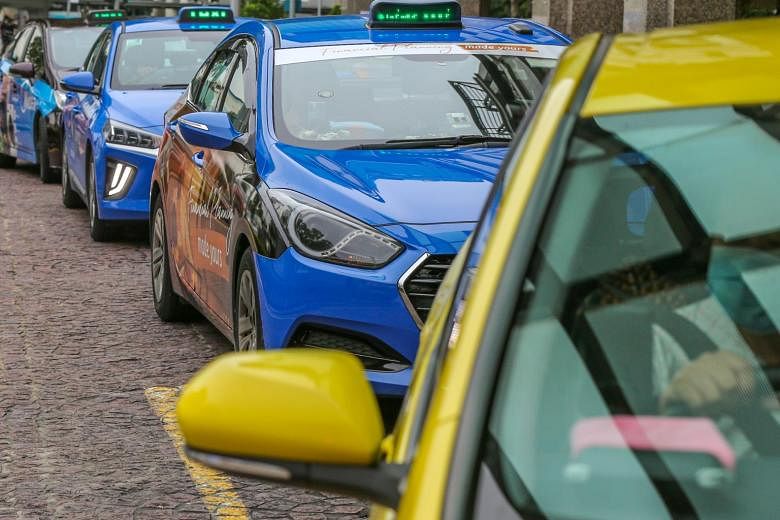- Joined
- Jul 25, 2008
- Messages
- 14,867
- Points
- 113
Plan for GST hike between 2022 and 2025 unchanged: Lawrence Wong
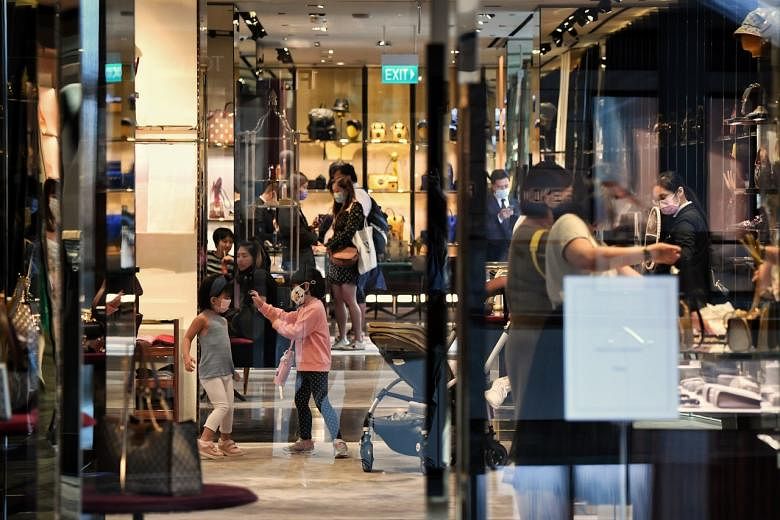
The planned GST hike from 7 per cent to 9 per cent was announced in Budget 2018. PHOTO: ST FILE

Choo Yun Ting
OCT 6, 2021
SINGAPORE - The plan to raise the goods and services tax (GST) between next year and 2025 remains unchanged, Finance Minister Lawrence Wong told Parliament on Tuesday (Oct 5).
Speaking during the debate on the Income Tax (Amendment) Bill, he also stressed that the Government continues to "consider all options" to address income and wealth inequalities and support small and medium-sized enterprises (SMEs).
Mr Wong was responding to several MPs, including Mr Yip Hon Weng (Yio Chu Kang) and Workers' Party MP Louis Chua (Sengkang GRC), who had raised concerns about the timing of the GST hike as well as the possibility of a wealth tax to address wealth inequality issues.
The minister reiterated the need to raise the Government's recurring revenues given that recurrent expenditures will continue to go up due to factors such as healthcare and social spending, adding that there is "no avoiding this".
The planned GST hike from 7 per cent to 9 per cent was announced in Budget 2018, and a $6 billion Assurance Package was announced in Budget 2020 to help cushion the impact of the hike, with more help directed at lower-income households.
"We will continue to consider all factors including our fiscal needs, as well as the prevailing economic conditions, in deciding on the timing of the GST rate increase," said Mr Wong.
Addressing Mr Chua's suggestions of wealth taxes and more reliefs and aid for SMEs, the minister said that they were both aligned in their intentions to address wealth inequalities and support SMEs.
"But to address wealth inequalities, what exactly do we do, what sort of measures do we put in place - that's something that we will have to study carefully," Mr Wong said, adding that Singapore has a form of wealth tax through the tax levied on private residential properties, which is tiered according to the property's annual value.
"I am unable to reveal what we are thinking about now. I think that would be premature and I don't want to pre-empt the Budget next year, but obviously we are continuing to consider all options to address... No. 1, wealth and income inequalities and No. 2, what more we can do to support SMEs," he said.
The Bill also included legislative amendments to effect tax measures announced in the Budget statement earlier this year as well as other Covid-19 support measures introduced in May and July.
Speaking during the debate, Mr Louis Ng (Nee Soon GRC) asked about tax deductions for landlords, noting that it seems to encourage a situation where a landlord could evict a failed tenant and as a result pay reduced taxes on their rental income.
SPH Brightcove Video
He called into question the provisions in the Bill, given recent tensions between commercial tenants and landlords during this Covid-19 pandemic, which have led to laws being passed to compel landlords to provide rental waivers, penalty-free termination of rental contracts and match rental support by the Government.
Mr Ng also asked for a clarification on how the Inland Revenue Authority of Singapore (Iras) intends to ascertain whether a landlord has made reasonable efforts to find a new tenant during the vacancy period and guard against bad-faith landlords.
In reply, Mr Wong said that the section in the Bill was in line with the existing tax treatment which Iras applies, and the legislation provides certainty for taxpayers.
On what landlords would have to do to show reasonable efforts to secure a tenant during the vacancy period, he cited how Iras would request the taxpayer to provide evidence that the property was maintained in lettable condition, or that the property had been advertised for rent.
Addressing a request by Mr Don Wee (Chua Chu Kang GRC) for the option to accelerate the write-off of the cost of acquiring plant and machinery for another year, Mr Wong urged that schemes be considered in totality.
"We continue to monitor the situation closely and review all our schemes as needed. And should there be a need to extend any measure, any such extension will then be announced at Budget 2022, and then it will be effected in next year's Income Tax (Amendment) Bill. So it's an ongoing process."

